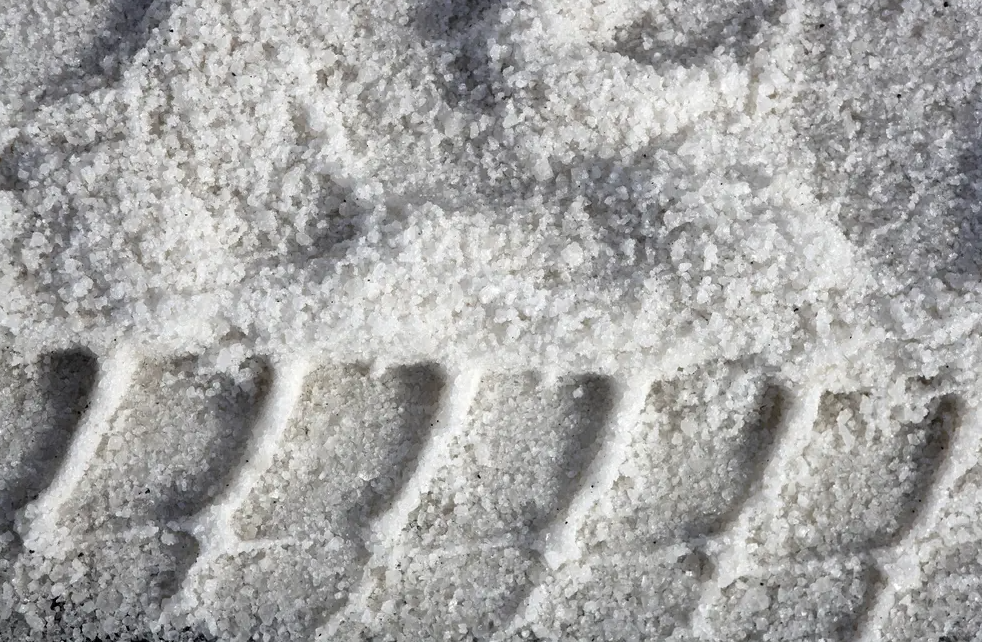A new ecological refrigerator based on the ionocaloric cycle
(sustainabilityenvironment.com) – Those who live in the coldest regions know this well: in the winter seasons, when the mercury column touches zero degrees, putting salt on the streets can save lives. The salt, in fact, lowers the freezing point of the water avoiding the formation of ice. Researchers Drew Lilley and Ravi Prasher of the Lawrence Berkeley National Laboratory started from this simple phenomenon to create a new type of ecological refrigerator, that cool with salt.
The work conducted by Lilley and Prasher sought to make the process reversible to create an efficient but also safe and sustainable cooling cycle. Today, the new refrigerants used in refrigerators and refrigeration machines are significantly more environmentally friendly than in the past. But, while they no longer contribute to the ozone hole, they continue to have some impact on greenhouse gases and global warming. In recent years, various alternatives based on the caloric effect, such as magnetic or electro-caloric refrigeration, have been studied. These technologies are promising but often require wide fields applied for a relatively low coefficient of performance.
Cool with salt: the solution
The solution studied by the Berkeley Lab duo could be a third and more promising way. “The idea behind this “ionocaloric” refrigeration is to take advantage of the great temperature change – and therefore the great heat absorption – obtained by melting a “special ice” in contact with a specific salt“, explains Science.
The researchers mixed sodium iodide salt with an ethylene carbonate solvent. Ions in solution control the melting and crystallization of ethylene carbonate, creating what the authors call an . They also noted that the repeated cooling of this material also allows to cool the environment in which it is contained.
The team built a rudimentary ecological refrigerator to prove its feasibility. They started with a box and then added a mixing device to mix the two ingredients and another device that ran the electrodialysis to remove the salt. Their tests have shown that their fridge is efficient and can keep a temperature almost as cool as the appliances on the market today. The great advantage of the approach is that it does not emit hydrofluorocarbons or other pollutants. But there is also a drawback: it takes some time before the solution cools down.

